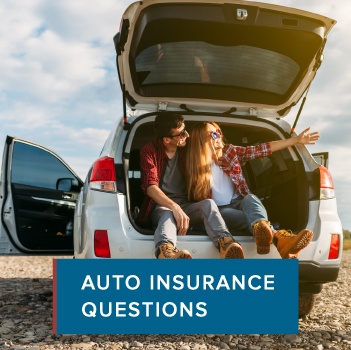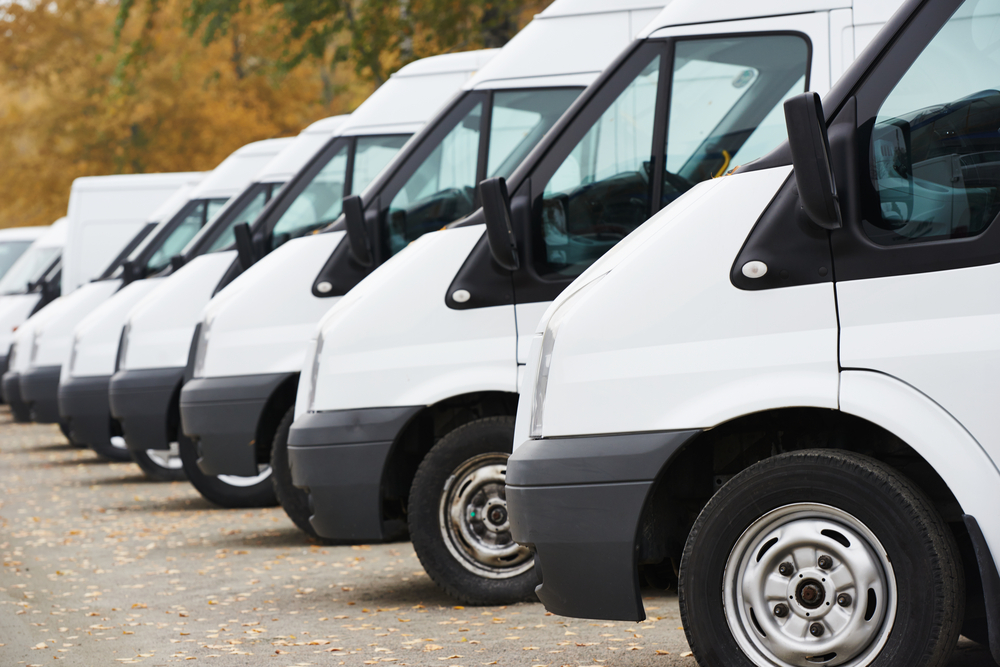How to Properly Insure Your Business's Vehicles
There are distinct differences between a commercial auto insurance policy and a personal auto policy, including differences in eligibility, coverages, exclusions, and limits. Therefore, it’s important to have your agent set your business up with the proper coverage for your needs.
Generally, if you haul special equipment, have an unusual vehicle, transport goods or people, etc., then you will need a commercial auto insurance policy. Read on to learn more about this type of coverage and why it’s necessary for many businesses:
The Importance of Insuring Your Business's Vehicles
Commercial insurance is needed to cover vans, trucks, or cars used while conducting business. Small businesses as well as large fleets must have the proper coverage under a commercial policy to ensure they are protected against various risks associated with using a vehicle to conduct business. Commercial policies are written and rated differently than personal plans. They cover collision, liability, medical payments, and uninsured motorist coverage.
Commercial vs Personal Auto Insurance
In some cases, a personal auto insurance policy will provide enough auto coverage, especially if the vehicle is also used by you for personal use. However, consider the following factors to determine if you would benefit from a commercial policy over a standard personal plan:
- Who drives and owns the vehicle? If a business owns the vehicle, not yourself, then a commercial policy is likely needed. However, if you are a sole proprietor and you own the vehicle, then you might be okay with a personal policy. This greatly depends on what the vehicle is used for, speaking of which…

- How is the vehicle used? If you use your vehicle only to travel to and from work and maybe to visit worksites occasionally, then a personal policy is likely adequate. However, if you regularly use your vehicle for business purposes, a commercial policy will likely offer you greater coverage.
- How large is the vehicle? Any vehicle that is heavier than the standard pickup or SUV, such as a commercial trailer, semi-truck, tow truck, or dump trump likely needs a commercial auto policy. This is because heavier vehicles can cause more damage if they are involved in an accident, so they need the increased coverage limits of a commercial policy to provide adequate protection.
What Types of Vehicles Require Commercial Insurance?
Any vehicle that is used for conducting business could be a candidate for commercial insurance coverage. However, work vans, food trucks, box trucks, and service utility trucks are the most common larger commercial vehicles that need this coverage. Of course, that isn’t to say that regular cars don’t benefit from the same coverage as larger fleets. In fact, regular automobiles that are used to conduct business or transport goods or people also need this coverage.
What is Included in Commercial Auto Insurance Coverage?
In most policies, the following are included under a commercial auto plan:
- Bodily injury liability coverage.
- Medical payments or personal injury coverage.
- Combined single limit.
- Property damage coverage.
- Collision coverage.
- Comprehensive physical damage coverage.
- Uninsured motorist coverage.
How Much Does Commercial Auto Insurance Cost?
Many elements factor into the cost of a commercial auto policy. This includes the types of vehicles covered, their value, and what they are used for when conducting business. On average, for a policy limit of $1 million, the average monthly cost you can expect to pay is around $142, which equates to around $1,704 yearly.
What Steps Should You Take to Insurance Your Business’s Vehicles?
To determine if you have the right coverage for your vehicles, contact the professionals at Arnold Insurance today. They will guide you through the process of figuring out if your vehicle is adequately covered by your personal auto policy or if you would benefit from greater coverage with a commercial policy.




